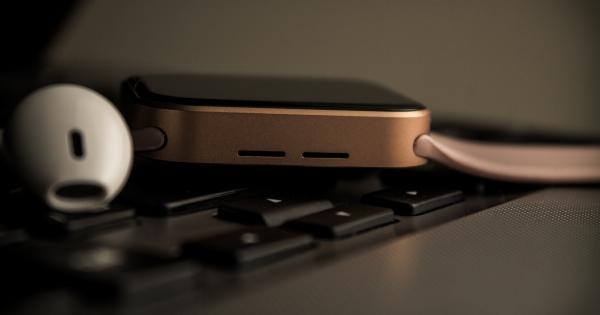Professor Alice Michaels, a sexuality expert at Princeton University, has spent decades researching and teaching about sexuality in modern society.
Her work has shed light on topics such as sexual orientation, gender identity, and the role of technology in shaping sexual behaviors.
The evolution of sexual orientation
Professor Michaels has devoted much of her research to the evolution of sexual orientation.
She has found that while traditional notions of sexuality have focused on the binary of heterosexual and homosexual, many people today see their sexuality as more fluid and complex.
Michaels explains that this shift in understanding is due in part to cultural changes, such as increased acceptance of LGBTQ+ identities, but also to scientific findings.
For example, recent studies have shown that sexual orientation is not simply a matter of choice or genetics, but also influenced by a person’s environment, experiences, and psychological factors.
Exploring consent and boundaries
Another area of Michaels’ research is consent and boundaries in sexual relationships. Michaels stresses the importance of clear communication, mutual respect, and enthusiastic consent in all sexual interactions.
She argues that today’s hook-up culture, enabled by apps like Tinder and Grindr, can create confusing and potentially dangerous situations.
Michaels encourages individuals to be proactive in setting their own boundaries, and to prioritize their own safety and well-being.
The impact of technology on sexual behaviors
Michaels is also interested in how technology is shaping sexual behaviors. She points out that dating apps, social media, and pornography have changed the ways people meet, interact, and learn about sex.
While some argue that technology is leading to more open and accepting attitudes towards sexuality, others worry about the negative effects of pornography, such as unrealistic expectations and objectifying portrayals of women.
Challenging gender norms
In addition to her research, Michaels has also been active in advocacy and outreach work. She has worked with LGBTQ+ organizations and helped to create gender-inclusive policies at universities and workplaces.
Michaels believes that challenging traditional gender norms is essential to creating a more accepting and equitable society.
She encourages individuals to explore and express their own gender identities, and to reject rigid stereotypes that limit individual expression and possibility.
Final thoughts
In conclusion, Professor Alice Michaels’ work has had a significant impact on our understanding of sexuality in modern society.
Her research has helped to challenge traditional notions of sexual orientation, consent, and gender norms, and her advocacy work has helped to create more inclusive and accepting environments for LGBTQ+ individuals.
Although there is still much work to be done, Michaels’ work provides an important foundation for continued progress and understanding in the years to come.


























